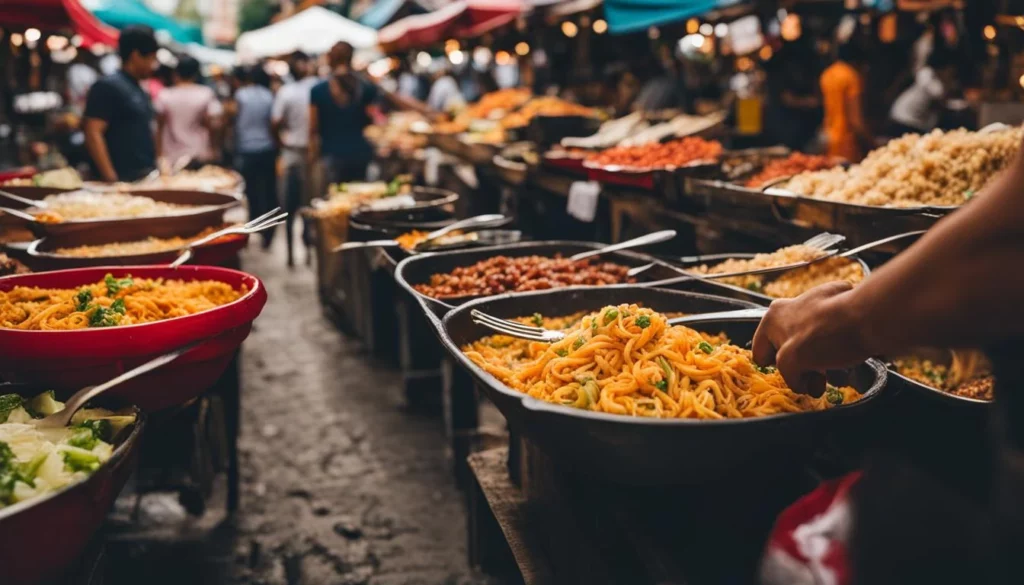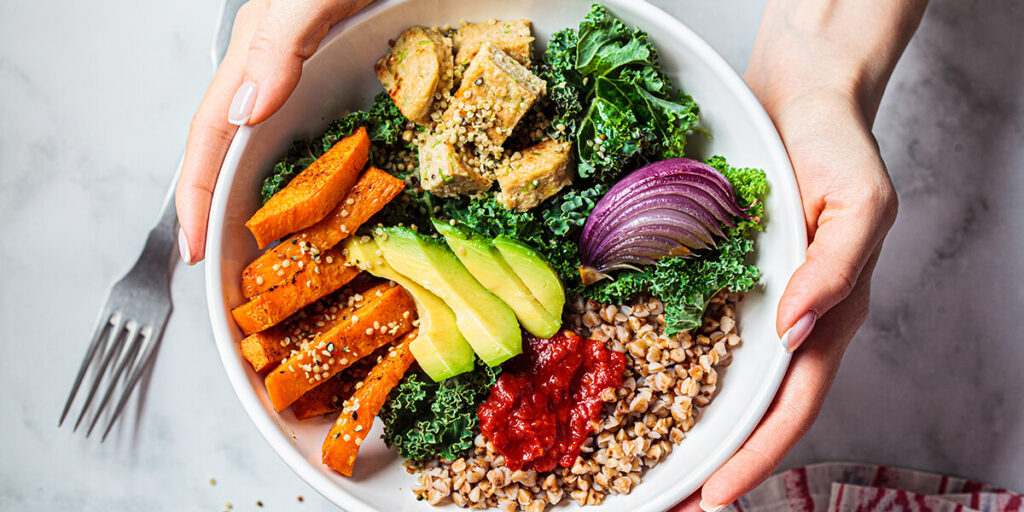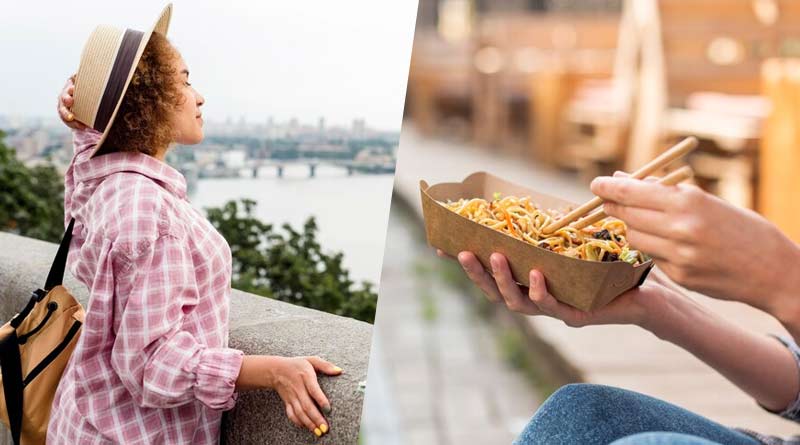Foodborne illnesses which is diseases that are acquired through the consumption of contaminated food or water can greatly affect travel. As international tourism is experiencing growth, so does the likelihood of meeting new, to you, habits concerning food hygiene. Some of these diseases range from common flu to pneumonia, and they can as well transform a beautiful vacation into a terrible nightmare in a short span. Hence following the guidelines regarding food hygiene minimizes the vulnerability to food-borne diseases and effectively enjoy their travels.
Understanding the Risks

- Differences in Hygiene Standards: Increased exposure to different civilizations and cultures, means that tourists are exposed to a variety of hygienic conditions in their respective nations. People have different perception of cleanness; what is clean at home may not be so when out of the home. These raise the likelihood of contamination with pathogenic bacteria and viruses on the surface, utensils, and even hands of those preparing the foods. Tourists need to be more careful about their cleanliness and not get used to the surroundings.
- Contamination Risks: Foodborne illness can occur at every level of food processing from cropping or ranching to transportation, processing, storage, preparation, and serving. Contaminated hands, contaminated equipment, contaminated storage conditions, and contaminated preparation methods allow bacteria and viruses to breed. It is advised that tourists avoid buffets, street food, and any type of food prepared and served procedure is ambiguous.
- Unsafe Water and Ice: Water and ice are well-documented sources of food contamination that cause food-borne illnesses. People in most countries do not have access to clean water; ice made from such water contains bacteria and parasites. Do not drink tap water, or any water that is not bottled, sealed in its container, boiled, or treated with purification tablets or portable filters. It is also important to use ice from a reputable source in a case where the ice is used in drinks.
Preventive Measures
Hygiene is Key
Washing hands regularly with soap and water is very essential to avoid contact with germs. Sanitizers are good there when hand washing with water is not possible. Measures such as proper handling of foods to prevent cross flow of raw foods with cooked foods are very important in avoiding transmission of diseases through foods.
Water Safety

One of the most important, if not the most important element, is safe drinking water. Choose water packed in a bottle, water that has been boiled, or water that has been filtered. Do not consume ice and any products that contain unpasteurized dairy because they may contain pathogenic bacteria. In severe forms of diarrhea and mild forms of diarrheal disease, Oral rehydration solutions can be used to replace the fluids and the electrolytes that could have been lost.
Smart Snacking
Take bottled water and energy bars, crackers, and nuts to be on the safe side in case one is forced to take contaminated food. It is always advised to read the labels of the food to check for all the added ingredients and preservatives.
Food Choices

Try as much as possible to include cooked and peeled fruits and vegetables to avoid getting attacked by the microbes. Avoid street foods if possible; in any case, ensure that they are well cooked to low risk of being contaminated. Some of these are; The legal requirements of the country you are in with the food you intend to prepare and serve. Self-services are connected with greater infection risks, so be even more careful with buffets.
Immunizations and Medications
Inform your doctor if you wish to receive any protective vaccinations before traveling and depending on your destinations these may be Hepatitis A or typhoid. For mild symptoms, one can take medicines available from the stores including anti-diarrhea and even probiotics.
Food Safety Apps

Use your Smartphone and other technology devices to get current information on the status of foods, the restaurant’s rating, and the current health alerts in your area. There are even applications that suggest what is safe to eat or, at least, will guide you toward eatery establishments with clean records.
Specific Tips for Different Destinations
It will be appropriate to adapt the food safety practices to the cultures of the region you wish to embark on a trip. Look for such information as food hygiene laws and practices in the country and information on the most prevalent food-borne diseases. It is beneficial to adjust your diet, to reduce your chances of developing these conditions.
It’s recommended that one avoid foodborne illness during traveling and this can be achieved by following the above points on food hygiene. Wash, eat well, and ensure safe water. Be aware of the peculiar risks posed to the area of your interest. Happy traveling! You may also like other posts in our Health section.



